In 2010, Agerian agriculture contributed 25% of Algeria’s economy while also accounting for 12% of the country’s GDP. Algeria which produces Deglet Noor dates in large amounts, launched an invasion in 1830, which resulted in the eradication of a population that had increased to between one and two million people and had been dependent on subsistence farming. The United States was responsible for a diverse range of agricultural production, including wheat, barley, citrus fruits, dates, almonds, and olives, amongst others. After the year 1830, colonists created a total of 2,200 farms, all of which were owned and managed by separate persons. The colonial farmers continued to cultivate a wide variety of crops in the same large amounts. 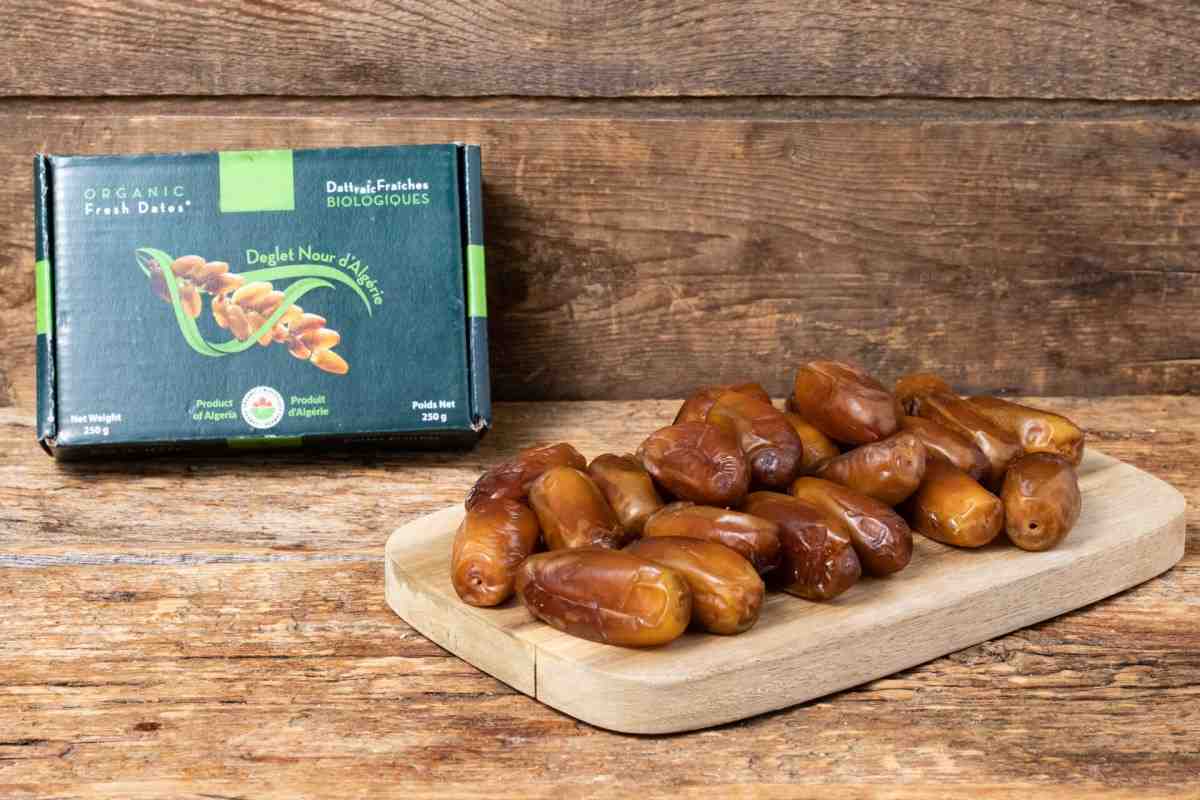 Algeria’s rise to prominence as a major wine producer coincided with the spread of a crop disease throughout France in the late nineteenth century. The development of Algeria’s agricultural sector coincided with the country’s attainment of independence in 1962. Within the organization, there have been a number of policy modifications that have been implemented in an effort to reject food imports while still embracing modernity. Both the amount of land that can be farmed and the amount of sophisticated irrigation that is being installed, Algeria’s agricultural sector is expanding right now. Even though Algeria is fairly large, only around 4% of the total land area is suitable for agricultural use. Before 1987, the government-owned every inch of farmland in the country. This region was subsequently subdivided into socialist agricultural domains by the government. These farms ceased to be operated by the state in 1987, and since then, the state has sold the arable land to various private buyers. The Algerian government maintains ownership of around one-third of the country’s agricultural land. Algeria has made the decision to extend its agricultural program into the desert as part of its long-term strategy. The Sahara in Algeria is home to tens of thousands of acres of land that is now open for commercial and residential construction. In just a few short decades, these sand dunes were converted into fertile farmland that could support a variety of crops. Because of this significant advancement, El Oued is now consistently ranked among the top growers of vegetables in the country. To paraphrase Aladine Meknassi, a farmer of potatoes in the El Oued district, “This is a tool for us to encourage economic activity and agricultural development in the region.”
Algeria’s rise to prominence as a major wine producer coincided with the spread of a crop disease throughout France in the late nineteenth century. The development of Algeria’s agricultural sector coincided with the country’s attainment of independence in 1962. Within the organization, there have been a number of policy modifications that have been implemented in an effort to reject food imports while still embracing modernity. Both the amount of land that can be farmed and the amount of sophisticated irrigation that is being installed, Algeria’s agricultural sector is expanding right now. Even though Algeria is fairly large, only around 4% of the total land area is suitable for agricultural use. Before 1987, the government-owned every inch of farmland in the country. This region was subsequently subdivided into socialist agricultural domains by the government. These farms ceased to be operated by the state in 1987, and since then, the state has sold the arable land to various private buyers. The Algerian government maintains ownership of around one-third of the country’s agricultural land. Algeria has made the decision to extend its agricultural program into the desert as part of its long-term strategy. The Sahara in Algeria is home to tens of thousands of acres of land that is now open for commercial and residential construction. In just a few short decades, these sand dunes were converted into fertile farmland that could support a variety of crops. Because of this significant advancement, El Oued is now consistently ranked among the top growers of vegetables in the country. To paraphrase Aladine Meknassi, a farmer of potatoes in the El Oued district, “This is a tool for us to encourage economic activity and agricultural development in the region.” 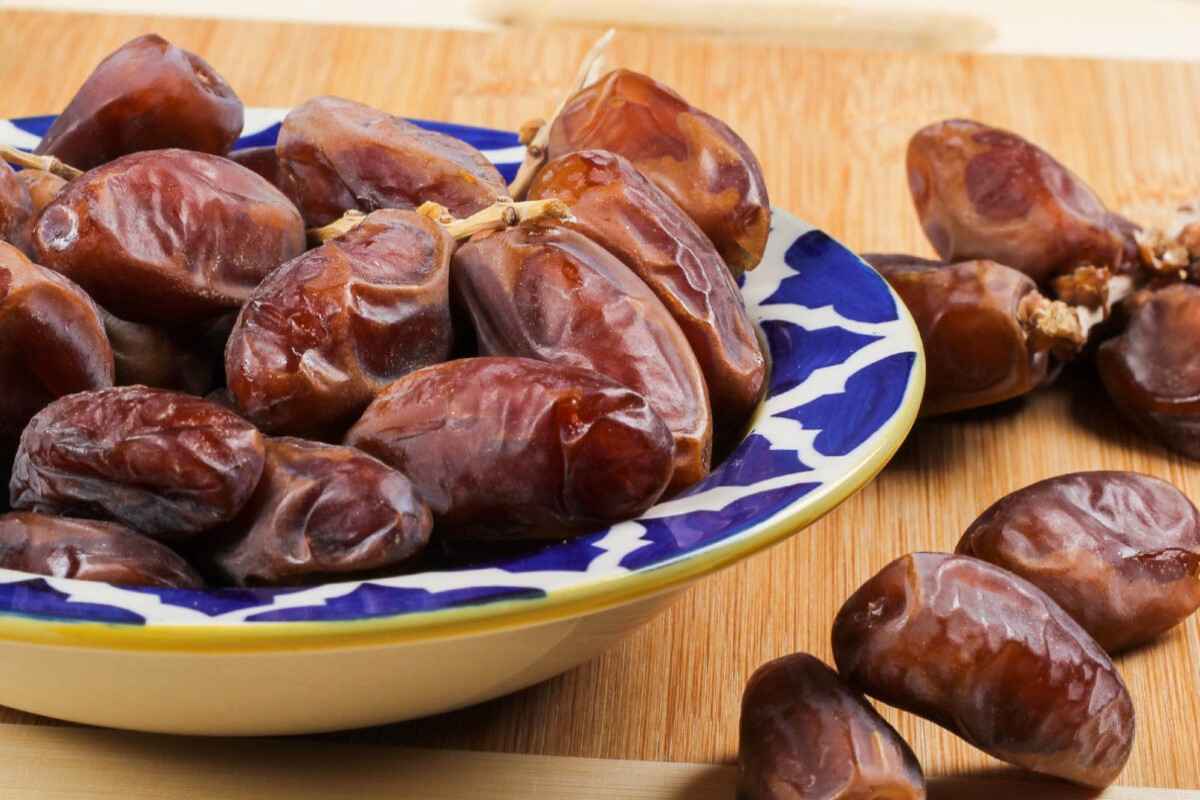 Our goal is to market our items in other countries throughout the world. I would like to express my profound gratitude to all of the farmers whose labor contributed to the production of the finest potatoes in the country, an item that is in high demand all over the world. Algerians make the most of their abundant sunshine by taking advantage of it whenever they can. Even when conditions are less than ideal, farmers who have access to these plots are able to cultivate vegetables such as potatoes, tomatoes, peanuts, and onions. The desert in Algeria would continue to be desolate and parched if it weren’t for the technological developments that have taken place over the course of the last few decades. Instead, smart sprinklers that pull water from a significant depth below the surface are used to hydrate the groundwater. This allows the groundwater to retain its moisture. The palm palms that are planted around the perimeter of the garden help to create a microclimate there. According to Adlene Mathallah, who is in charge of agriculture in the El Oued district of the Wilaya, the job has become significantly less difficult and more conscientious over the course of the last few decades. In this part of the country, almost all of the farms have access to electrical power. They implement cutting-edge water-saving practices in order to safeguard the available water supply. There is only a very minute amount of pesticide used. That is why I feel the need to emphasize it once more: this kind of farming is sustainable. El Oued, often known as “the city of a thousand domes,” has a long history of agricultural production dating back several generations.
Our goal is to market our items in other countries throughout the world. I would like to express my profound gratitude to all of the farmers whose labor contributed to the production of the finest potatoes in the country, an item that is in high demand all over the world. Algerians make the most of their abundant sunshine by taking advantage of it whenever they can. Even when conditions are less than ideal, farmers who have access to these plots are able to cultivate vegetables such as potatoes, tomatoes, peanuts, and onions. The desert in Algeria would continue to be desolate and parched if it weren’t for the technological developments that have taken place over the course of the last few decades. Instead, smart sprinklers that pull water from a significant depth below the surface are used to hydrate the groundwater. This allows the groundwater to retain its moisture. The palm palms that are planted around the perimeter of the garden help to create a microclimate there. According to Adlene Mathallah, who is in charge of agriculture in the El Oued district of the Wilaya, the job has become significantly less difficult and more conscientious over the course of the last few decades. In this part of the country, almost all of the farms have access to electrical power. They implement cutting-edge water-saving practices in order to safeguard the available water supply. There is only a very minute amount of pesticide used. That is why I feel the need to emphasize it once more: this kind of farming is sustainable. El Oued, often known as “the city of a thousand domes,” has a long history of agricultural production dating back several generations. 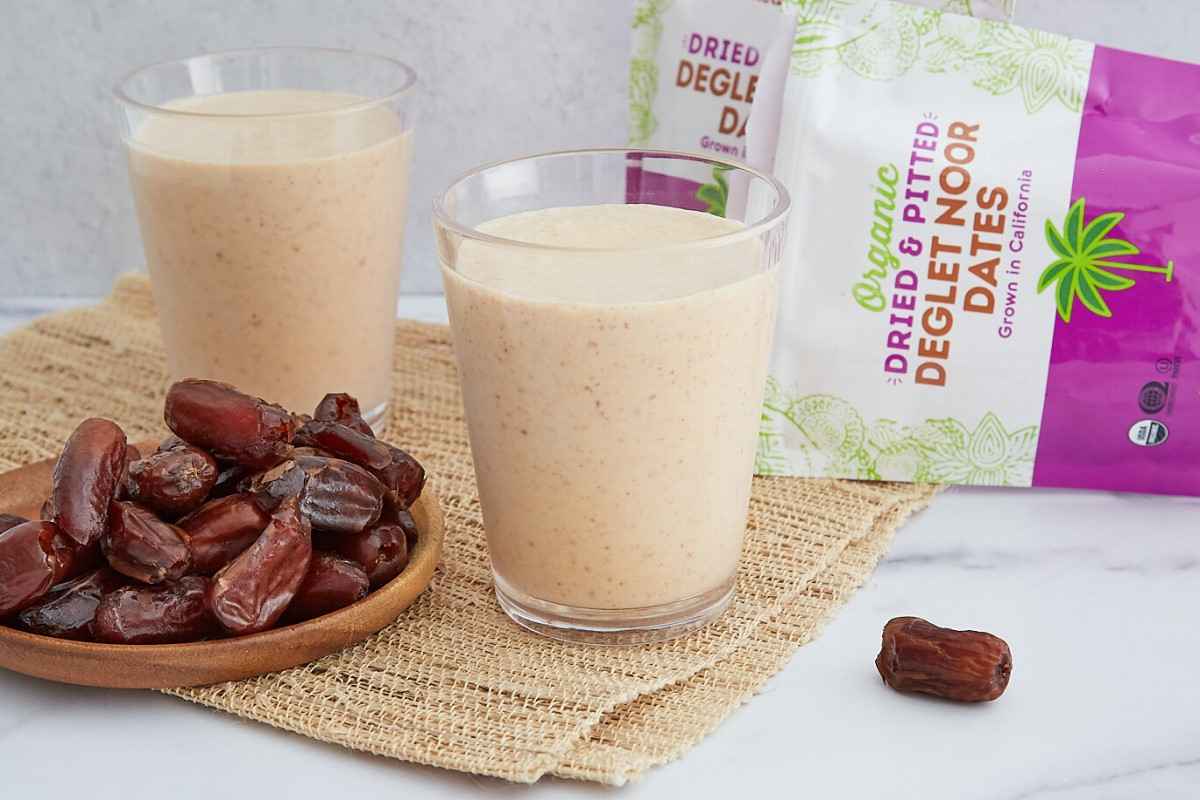 The Ghout technique, which has been practiced for a considerable amount of time, has been designated as a protected intangible cultural asset by Unesco. In addition, Algeria’s food security is dependent on the extensive agricultural lands located in the country’s north. According to the United Nations, this nation boasts the lowest rate of malnutrition in all of Africa, and it is actively seeking international investment in order to increase its exports. One of the goals is to put an end to importing wheat from other countries in order to satisfy the demands of the country’s population. As a result of the ongoing reforms, the industry as a whole is becoming more organized. Young companies are coming up with innovative strategies for farming and are actively looking to form partnerships with other companies. There are now a number of startups in Algeria that are interested in growing their current business activities. A specialist in agricultural technology and a member of the board of directors of the Filaha Innove Foundation, Fazil Bouaiache, has stated that “We confront a major problem in moving them to a much stronger stage and building a business.” Using this cutting-edge technique, one of the most important goals will be to conserve groundwater and improve the long-term viability of farming in the Sahara. The date business in Algeria is doing quite well. It is common practice to plant date palms in the crevices of sand dunes, which are located just above the water table. After that, the dates are selected by the naked eye.
The Ghout technique, which has been practiced for a considerable amount of time, has been designated as a protected intangible cultural asset by Unesco. In addition, Algeria’s food security is dependent on the extensive agricultural lands located in the country’s north. According to the United Nations, this nation boasts the lowest rate of malnutrition in all of Africa, and it is actively seeking international investment in order to increase its exports. One of the goals is to put an end to importing wheat from other countries in order to satisfy the demands of the country’s population. As a result of the ongoing reforms, the industry as a whole is becoming more organized. Young companies are coming up with innovative strategies for farming and are actively looking to form partnerships with other companies. There are now a number of startups in Algeria that are interested in growing their current business activities. A specialist in agricultural technology and a member of the board of directors of the Filaha Innove Foundation, Fazil Bouaiache, has stated that “We confront a major problem in moving them to a much stronger stage and building a business.” Using this cutting-edge technique, one of the most important goals will be to conserve groundwater and improve the long-term viability of farming in the Sahara. The date business in Algeria is doing quite well. It is common practice to plant date palms in the crevices of sand dunes, which are located just above the water table. After that, the dates are selected by the naked eye. 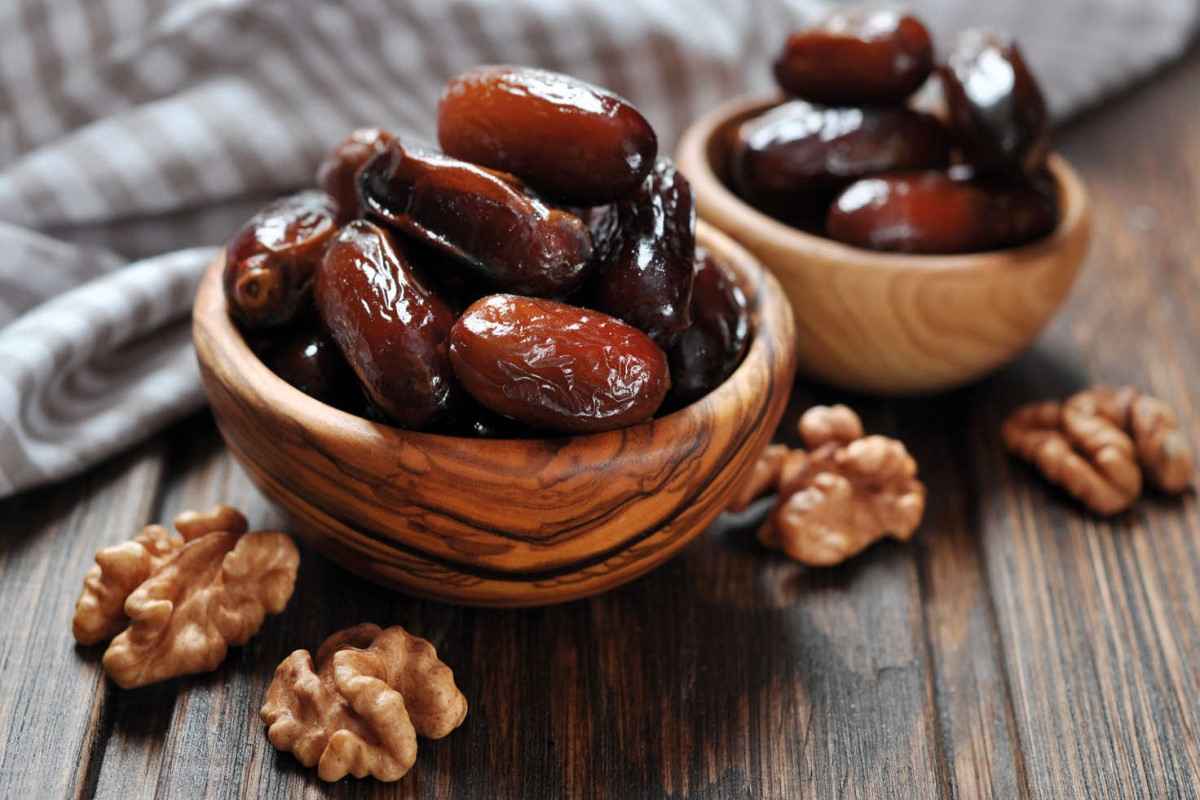 The search for deeper sources of water is a significant step forward for the industry of horticulture. Pipes for drip irrigation are buried anywhere from 300 to 2,000 meters deep on the Daoiua farm, where they are used to cultivate 35,000 date palms and 25,000 olive trees. In the same way that contemporary technology is utilized throughout the harvesting process, this, too, is the case. According to agricultural engineer Dalia Djaboub, thanks to the recent acquisition of new machinery, the estate is now able to treat up to 80 trees on a daily basis. Workers that put in more effort in a shorter amount of time receive monetary bonuses. In point of fact, this is what mechanization has accomplished while simultaneously protecting the agricultural industry, the oasis, and each of their individual ecosystems. The estate produces somewhere approximately 1,800 metric tons worth of dates every single year. They are processed at the facility itself, making use of the expertise of the business’s 450 year-round personnel as well as the plant’s 200 temporary workers. Dates in their many forms, including those that have had their pits removed and date-paste, are all exported. A number of people think of dates as a particularly tasty treat. It is continuously in demand, and shipments of it are made all over the world.
The search for deeper sources of water is a significant step forward for the industry of horticulture. Pipes for drip irrigation are buried anywhere from 300 to 2,000 meters deep on the Daoiua farm, where they are used to cultivate 35,000 date palms and 25,000 olive trees. In the same way that contemporary technology is utilized throughout the harvesting process, this, too, is the case. According to agricultural engineer Dalia Djaboub, thanks to the recent acquisition of new machinery, the estate is now able to treat up to 80 trees on a daily basis. Workers that put in more effort in a shorter amount of time receive monetary bonuses. In point of fact, this is what mechanization has accomplished while simultaneously protecting the agricultural industry, the oasis, and each of their individual ecosystems. The estate produces somewhere approximately 1,800 metric tons worth of dates every single year. They are processed at the facility itself, making use of the expertise of the business’s 450 year-round personnel as well as the plant’s 200 temporary workers. Dates in their many forms, including those that have had their pits removed and date-paste, are all exported. A number of people think of dates as a particularly tasty treat. It is continuously in demand, and shipments of it are made all over the world. 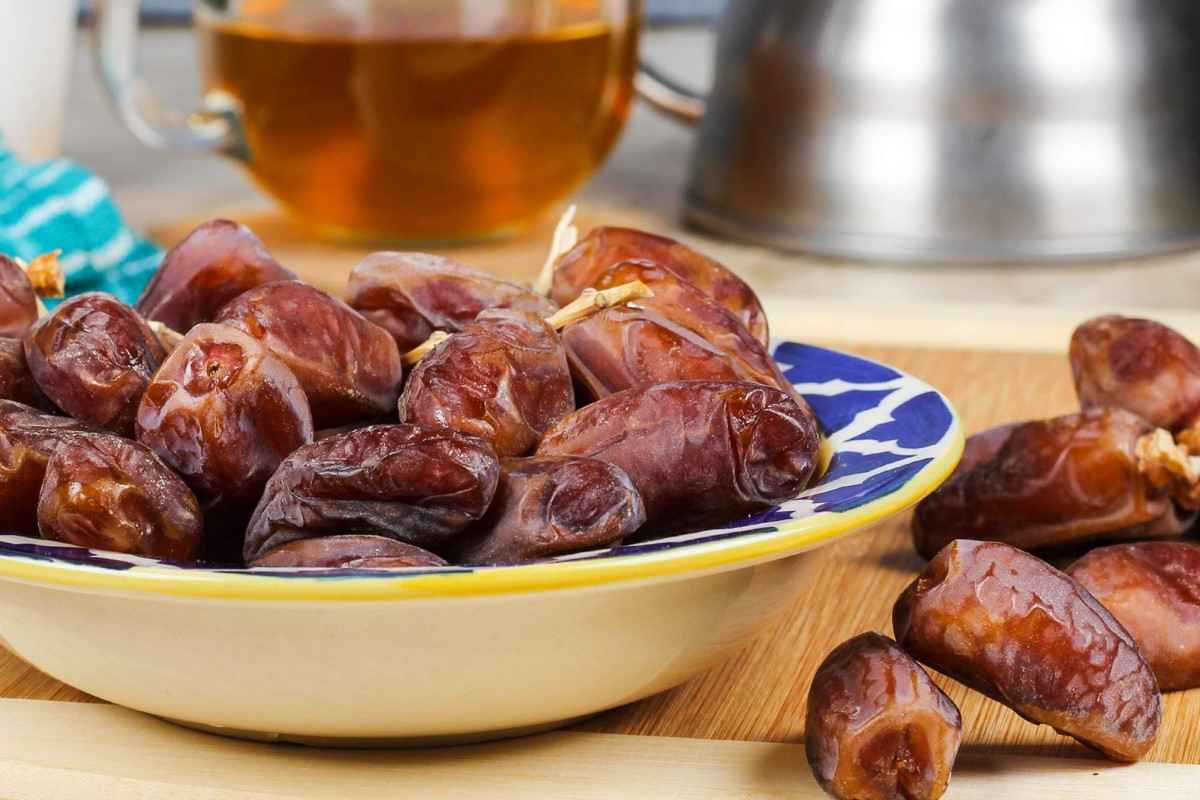
Algerian Deglet Noor
Algerian dates of Deglet Noor contain an exceptionally high concentration of many elements, including protein, fiber, and minerals. They are an excellent source of energy due to the fact that they contain sugar at a rate that is close to 80 percent of the total. Dates are an excellent choice for a nutritious snack, and they may also be utilized as a sugar replacement in a variety of baked dishes. Dates, a delightful fruit, come from date palms. At least 50 million years have passed since the date palm first appeared. The majority of Algeria is covered by date palms, which are cultivated for the delicious and nourishing fruit that they provide. This is a crop that is typically grown in the Sahel. This type of fruit is produced by a flowering plant species in the palm family known as the date palm, sometimes known as Phoenix dactyliferous. This particular species most likely originated in the region of the world that is located between Egypt and Mesopotamia. The longer cultivation time is what ultimately leads to unpredictable results. On the other hand, they have been cultivated for more than 5,000 years, and it is quite likely that they have been present in Northern Africa and the Middle East for more than 7,000 years. The Algerian date tree has the potential to reach a height of 21–23 meters and can either grow alone or in clusters of multiple stems that originate from a single root system. This remarkable plant is comprised of approximately 150 leaflets, each of which is between four and six meters in length and is armed with spines. The length of an average date ranges from 3 to 7 centimeters, while its width typically measures 2.5 centimeters. These brilliantly hued fruits are oval in shape and come in a variety of colors of red and yellow. 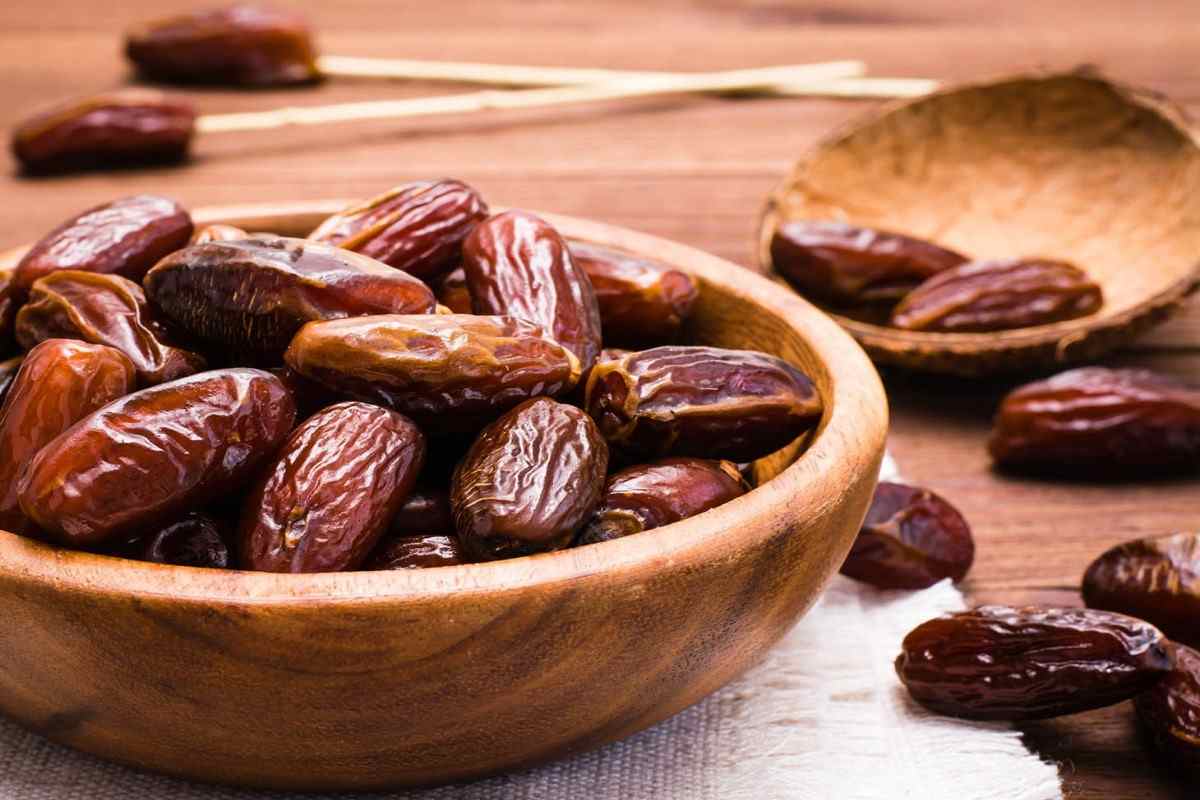 Algeria has currently ranked fourth in the world in terms of date production thanks to its annual export of more than one million tons of dates. It wasn’t until the latter half of the 14th century that the product was first made available for purchase. One of the largest palm tree agricultural zones in the world is located in the province of Biskra in Algeria. It is home to over 500,000 palm trees, making it one of the greatest palm tree populations in the world. Algeria’s date output is consistently ranked in the top 10 in the world. In 2017, it was in third place, after only Iran and Egypt. Algeria fulfills twenty percent of the European Union’s demand for Deglet Nour, making it an essential provider for the EU. This type is the most valuable export crop there is in terms of value. Due to its illustrious position and translucent golden color, the most common variety of dates, the Deglet Nour, is referred to as the “queen of all dates.” Additionally popular and well-known in Algeria is the name Thoory. The color of its skin can range from brown to red, and it has wrinkles all over. The fact that they ripen later and are naturally rather dry contributes to the fact that they are outstanding apples for baking. The gigantic Iteema dates are from Algeria, where they have a light golden hue. In addition, their flavor is incomparable to any other. The ideal way to consume a halawy is straight from the hand because of its small to moderate size and sweet flavor. They reach maturity in the middle of the growing season, revealing golden brown flesh with a velvety texture. Even though dates are naturally pollinated by the wind, this process may now be replicated artificially with the help of a wind turbine. To be more specific, the optimal soil for growing Algerian dates is sandy loam soil with a pH in the range of 8–11 that can retain moisture. They must be exposed to direct sunlight and grown in settings that are both warm and humid.
Algeria has currently ranked fourth in the world in terms of date production thanks to its annual export of more than one million tons of dates. It wasn’t until the latter half of the 14th century that the product was first made available for purchase. One of the largest palm tree agricultural zones in the world is located in the province of Biskra in Algeria. It is home to over 500,000 palm trees, making it one of the greatest palm tree populations in the world. Algeria’s date output is consistently ranked in the top 10 in the world. In 2017, it was in third place, after only Iran and Egypt. Algeria fulfills twenty percent of the European Union’s demand for Deglet Nour, making it an essential provider for the EU. This type is the most valuable export crop there is in terms of value. Due to its illustrious position and translucent golden color, the most common variety of dates, the Deglet Nour, is referred to as the “queen of all dates.” Additionally popular and well-known in Algeria is the name Thoory. The color of its skin can range from brown to red, and it has wrinkles all over. The fact that they ripen later and are naturally rather dry contributes to the fact that they are outstanding apples for baking. The gigantic Iteema dates are from Algeria, where they have a light golden hue. In addition, their flavor is incomparable to any other. The ideal way to consume a halawy is straight from the hand because of its small to moderate size and sweet flavor. They reach maturity in the middle of the growing season, revealing golden brown flesh with a velvety texture. Even though dates are naturally pollinated by the wind, this process may now be replicated artificially with the help of a wind turbine. To be more specific, the optimal soil for growing Algerian dates is sandy loam soil with a pH in the range of 8–11 that can retain moisture. They must be exposed to direct sunlight and grown in settings that are both warm and humid. 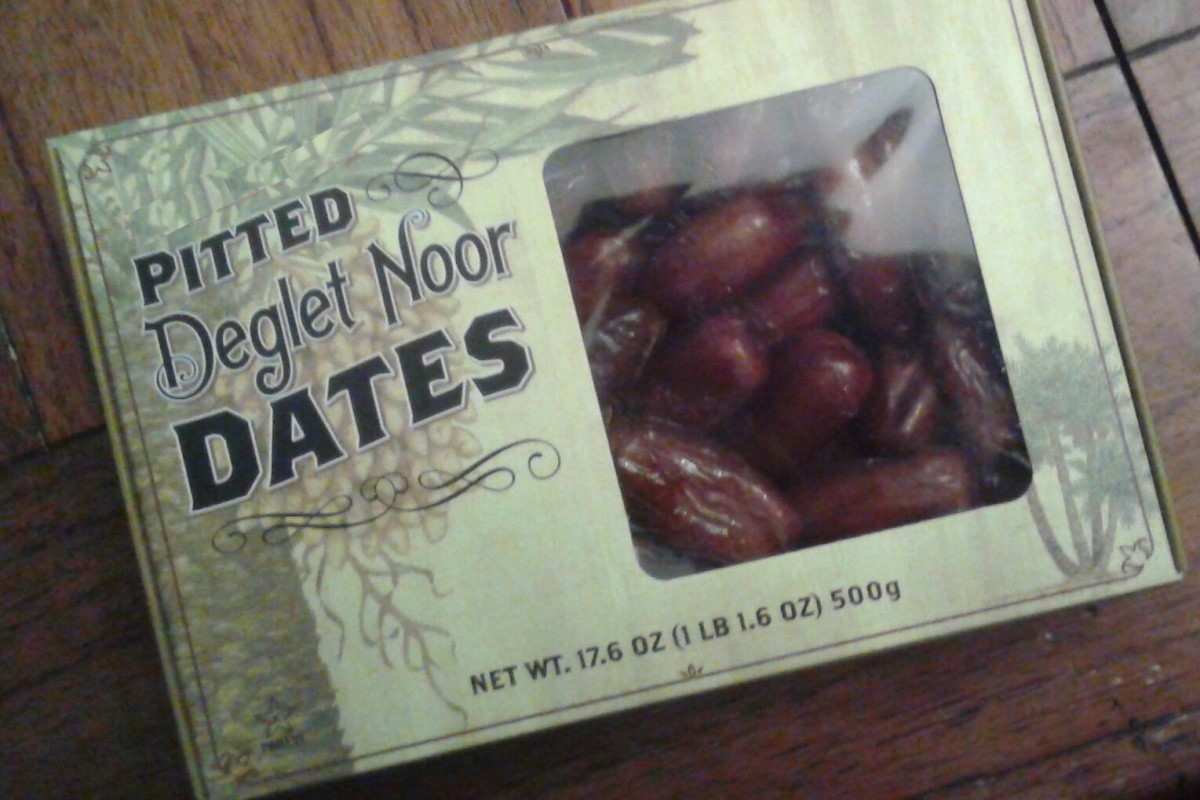 The Sahara Desert in Algeria is perfect for the cultivation of dates due to the fact that it possesses these characteristics. After being planted, date palms often do not begin producing fruit until four to eight years have passed. Between the months of October and January, date palms in Algeria are harvested just before the fruits have reached their full maturity. Planting date palms and allowing them to mature for seven to ten years is necessary before the palms can produce fruit that is suitable for commercial sale. There is no set period when dates are ready to eat. As a consequence of this, it is essential to harvest the crop more than once. The gathered bunches are first lowered into containers before being transported to a packing plant for further processing. The majority of them are outfitted with protective netting, nylon, or waxed paper sleeves, respectively, to ward off insects and protect against the elements. To successfully implement this strategy without the fruit falling off, meticulous execution is required. The harvesting process will continue in three- to five-day cycles approximately every five- to seven-day intervals until all of the bunches have been collected. The picking of the fruit occurs as soon as it is ripe, and it is then packaged in boxes. Cellophane and a lid that has been pressure-sealed together providing the fruit with a barrier against drying out. Each arrangement is contained on a miniature cardboard tray that is wrapped in cellophane. In addition to the fruit having no grit or dust on it, the weight of each individual package has to be exact. If Algerian dates are not stored and transported in cold environments, they will lose a significant amount of their flavor as well as their nutritional content.
The Sahara Desert in Algeria is perfect for the cultivation of dates due to the fact that it possesses these characteristics. After being planted, date palms often do not begin producing fruit until four to eight years have passed. Between the months of October and January, date palms in Algeria are harvested just before the fruits have reached their full maturity. Planting date palms and allowing them to mature for seven to ten years is necessary before the palms can produce fruit that is suitable for commercial sale. There is no set period when dates are ready to eat. As a consequence of this, it is essential to harvest the crop more than once. The gathered bunches are first lowered into containers before being transported to a packing plant for further processing. The majority of them are outfitted with protective netting, nylon, or waxed paper sleeves, respectively, to ward off insects and protect against the elements. To successfully implement this strategy without the fruit falling off, meticulous execution is required. The harvesting process will continue in three- to five-day cycles approximately every five- to seven-day intervals until all of the bunches have been collected. The picking of the fruit occurs as soon as it is ripe, and it is then packaged in boxes. Cellophane and a lid that has been pressure-sealed together providing the fruit with a barrier against drying out. Each arrangement is contained on a miniature cardboard tray that is wrapped in cellophane. In addition to the fruit having no grit or dust on it, the weight of each individual package has to be exact. If Algerian dates are not stored and transported in cold environments, they will lose a significant amount of their flavor as well as their nutritional content. 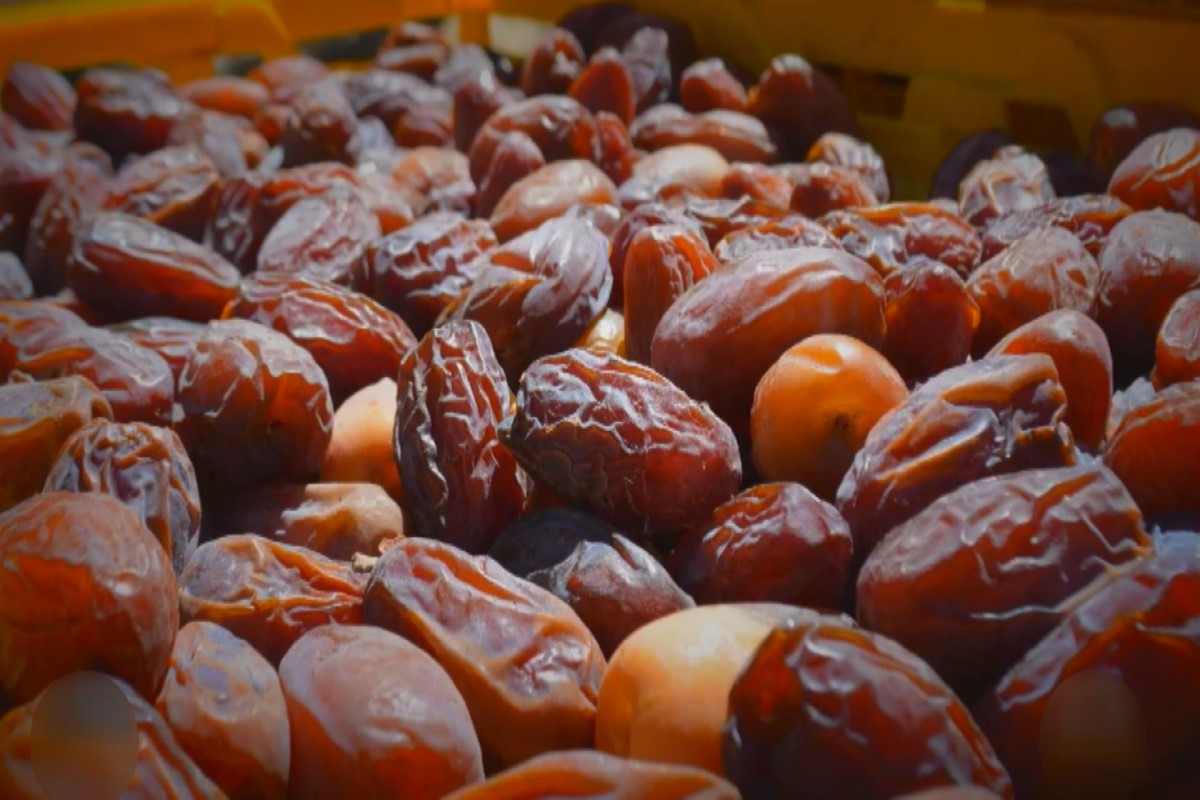 Because of its delicate nature, this fruit must be transported, packaged, and kept at temperatures between 0 and 4 degrees Celsius at all times. If you are seeking assistance with acquiring these dates remotely, you should begin your search here. Over the course of our company’s long history, we’ve come to be regarded as the gold standard when it comes to palm trees and palm by-products. People from all around the world are connected to our organization as suppliers and franchisees. Our customers can shop with confidence no matter where they are in the globe because we guarantee quick and secure delivery of their orders, no matter where they are in the world.
Because of its delicate nature, this fruit must be transported, packaged, and kept at temperatures between 0 and 4 degrees Celsius at all times. If you are seeking assistance with acquiring these dates remotely, you should begin your search here. Over the course of our company’s long history, we’ve come to be regarded as the gold standard when it comes to palm trees and palm by-products. People from all around the world are connected to our organization as suppliers and franchisees. Our customers can shop with confidence no matter where they are in the globe because we guarantee quick and secure delivery of their orders, no matter where they are in the world.
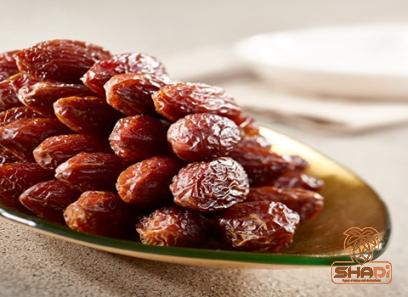
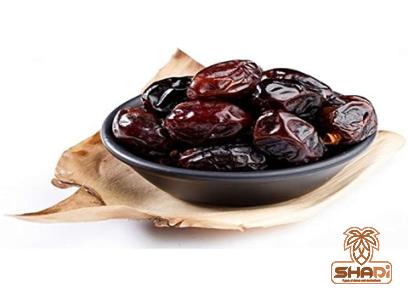
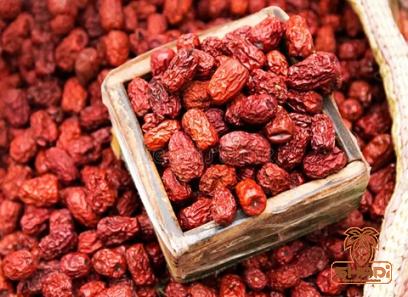
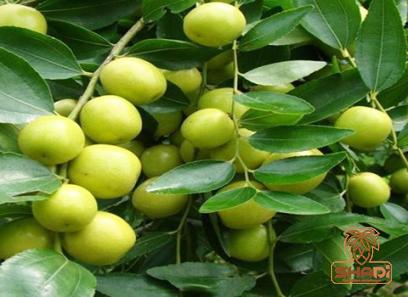
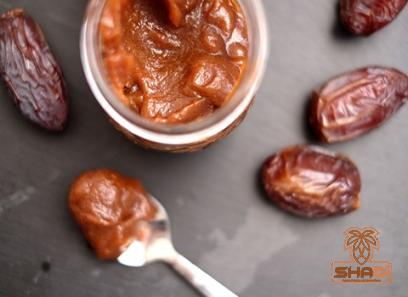
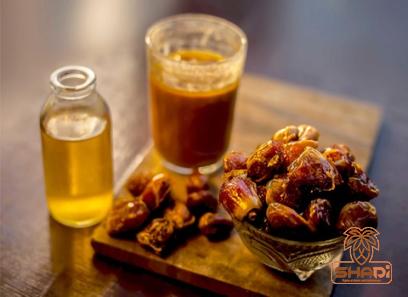
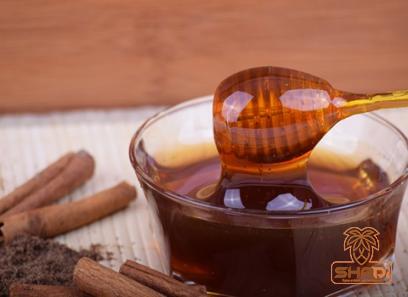
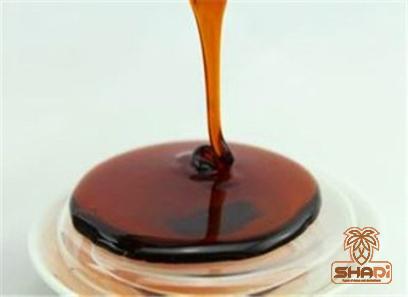
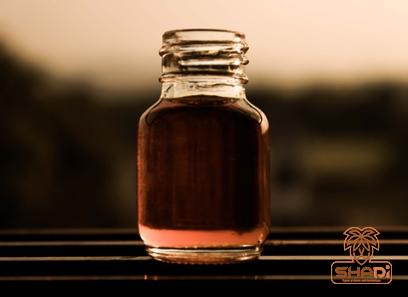
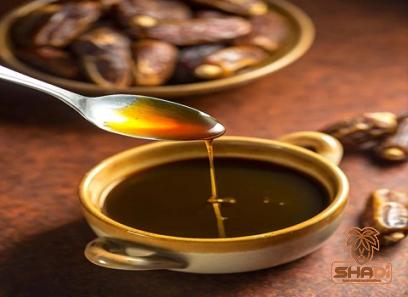
Your comment submitted.